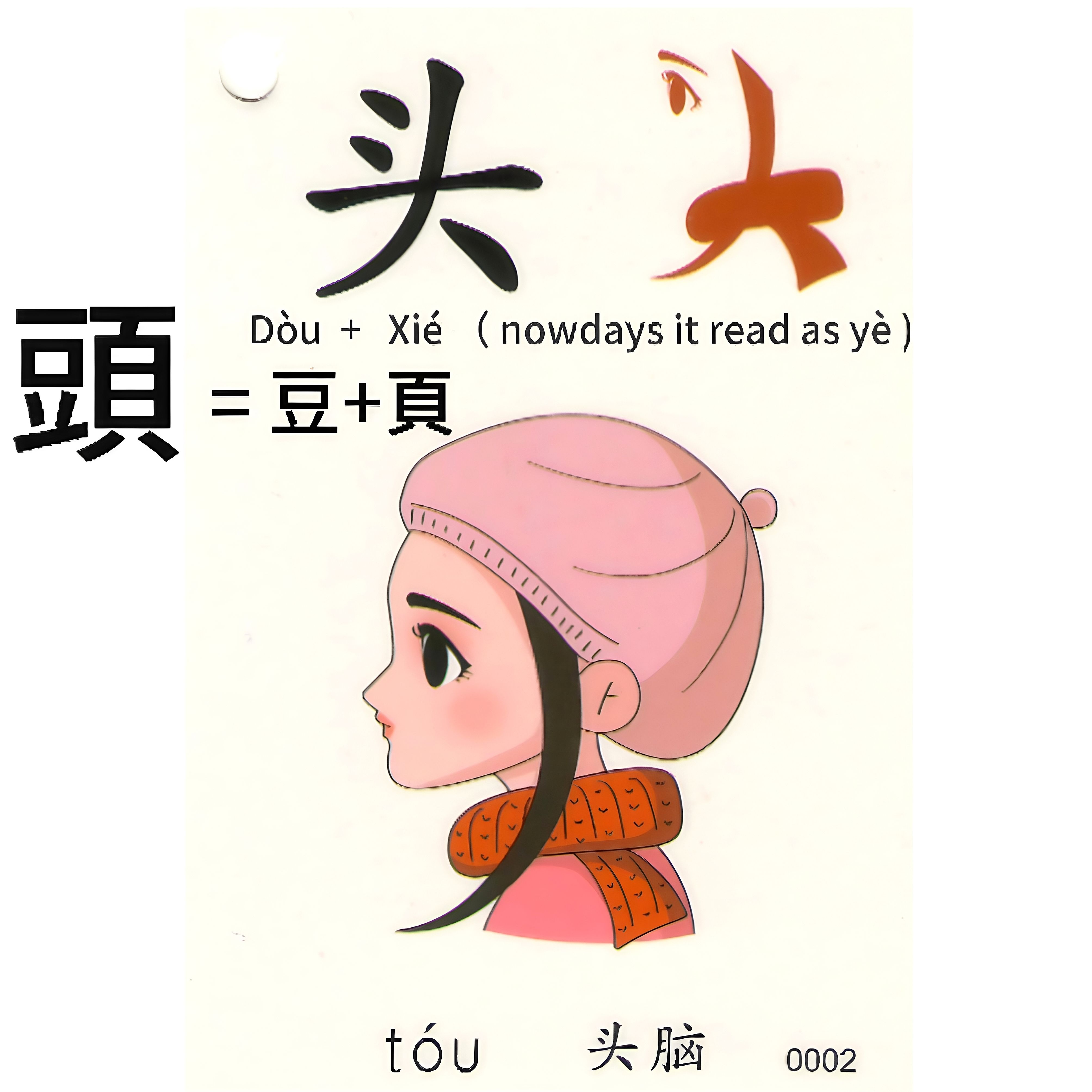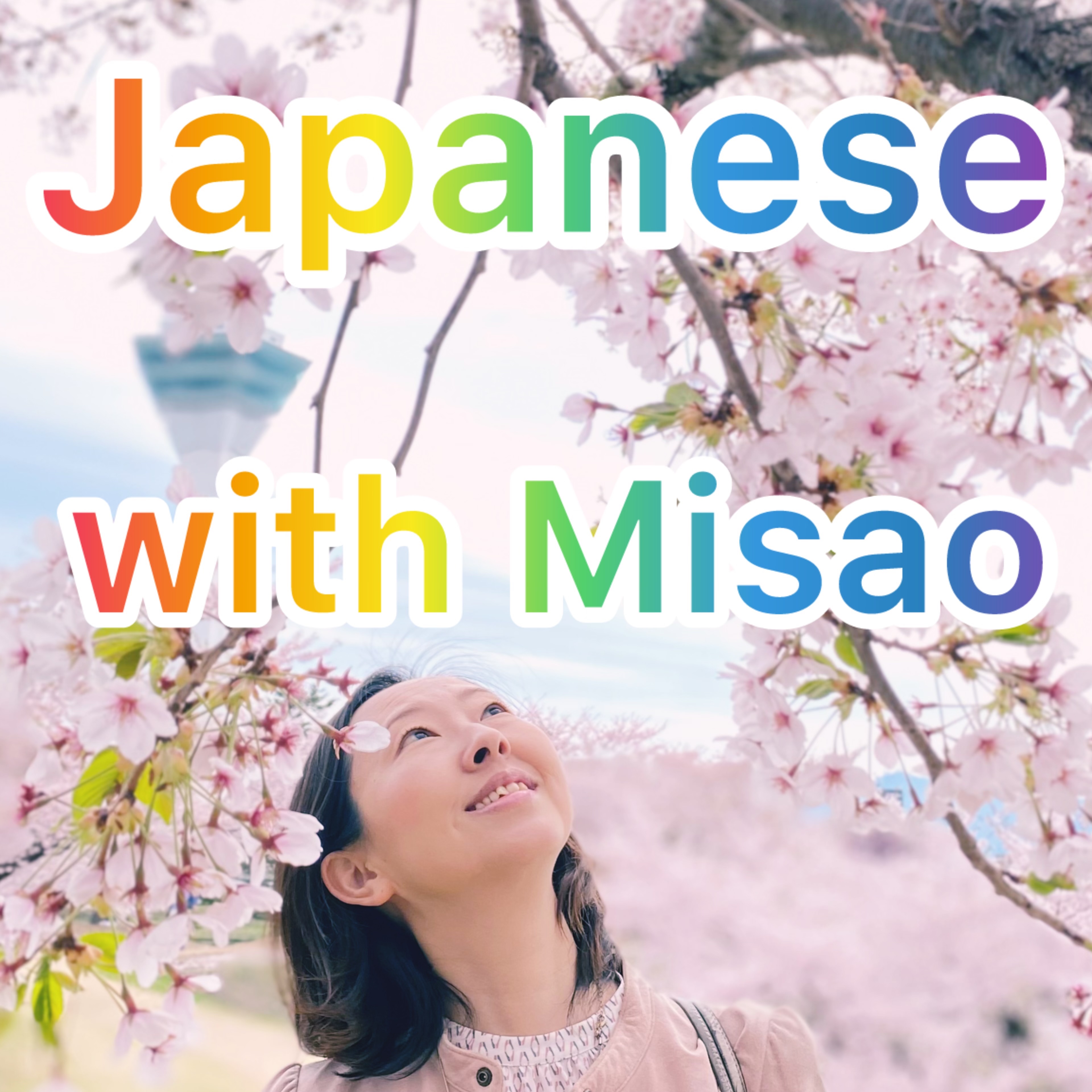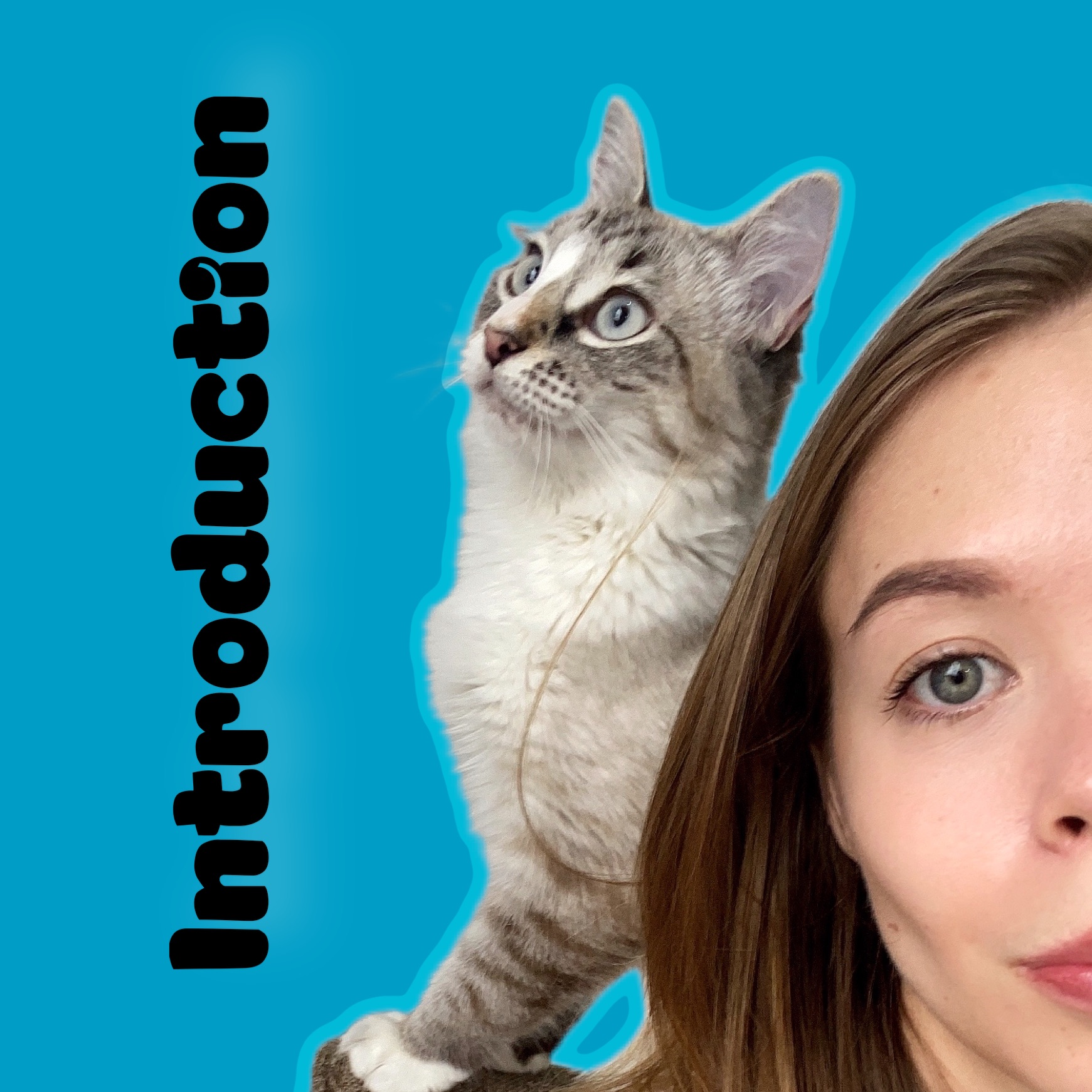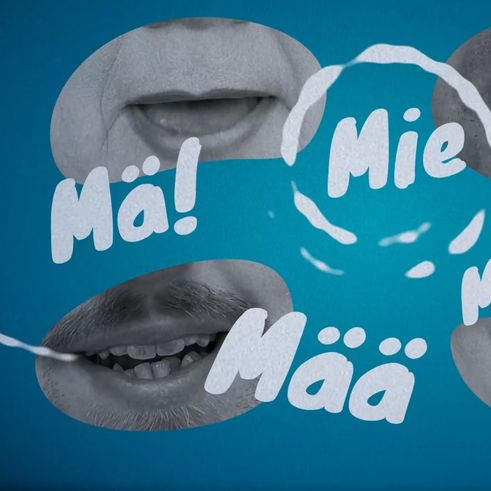
头
說明
The character "头 - Tóu " is a pictophonetic character.
Let's have a look at the traditional writing to make it easier to understand.
頭= 豆+页
It consists of two parts: the radical "页" (pronounced xié) and the phonetic "豆 - Dòu ".
In this type of pictophonetic characters, the radical provides the meaning category of the character, while the diaphragm indicates the pronunciation .
The original meaning of "页- xié" is head, Therefore "头 - Tóu" primarily means "head." It can also refer to a person's mind or intellect, and it can be used to describe the top or leading position of something, such as in a group or series.
Now let's go for the Usage
1.Noun:
General: "头 - Tóu" refers directly to the head of a person or an animal.
例如(For example): 他的头很大。-Tā de tóu hěn dà 。 (His head is very big.)
老头儿 - Lǎo tóur : Used informally to refer to an elderly man, where "头儿 - tóur" adds a sense of familiarity or endearment.
例如:公园里有几个老头儿在下象棋。- Gōng yuán lǐ yǒu jǐ gè lǎo tóu er zài xià xiàng qí 。
(There are a few old men playing chess in the park.)
插头 - Chā tóu: Refers to the plug that connects devices to a power source, emphasizing the endpoint of the connection.
例如:请拔掉插头以断开电源。- Qǐng bá diào chā tóu yǐ duàn kāi diàn yuán 。
(Please unplug the plug to disconnect the power.)
2.Measure Word:
"头" is also used as a measure word for livestock and some other animals.
例如:三头牛。- Sān tóu niú 。 (Three cows.)
3.Leadership or Priority:
It can indicate the foremost or leading element.
例如:队伍的头。- Duì wu de tóu 。 (The head of the line.)
4. Idiomatic Expressions:
例如:头痛 - Tóu tòng (headache), 开头 -Kāi tóu (beginning), 破头 - Pò tóu (literally 'crack one's head', meaning to go to a lot of trouble), 抢破头 - Qiǎng pò tóu (desperately competing, literally 'fighting until one's head breaks').
Chinese Item:
"虎头虎脑" (hǔ tóu hǔ nǎo) is an idiomatic expression in Chinese that describes someone, usually a child, who appears strong, energetic, and lively.
Podcast 頻道
每日一字
創作者
Podcast全集

HARD / SOFT CONSONANTS PRACTICE. Живот Или Живёт? Listen and Repeat.

Ep.2 Mayonaka no Door などCity popと にほんごの はつおんについて

About me and the channel

我的生日是五月九号 wǒdeshēngrìshìwǔyuèjiǔhào

Workplace Overwhelm and Job Satisfaction - Episode 113

Getting to a restaurant from the hotel - asking for recommendations and directions

1.jakso: Mä

Inquiring after the family
熱門集數

Russian Pronunciation wilth Lubov
HARD / SOFT CONSONANTS PRACTICE. Живот Или Живёт? Listen and Repeat.

🇯🇵BEAUTIFUL Sound of Japanese🌸🌊🍁⛄️ with MISAO
Ep.2 Mayonaka no Door などCity popと にほんごの はつおんについて

Russian Cat
About me and the channel

HSK2--materials and exercises for listenning, reading and speaking
我的生日是五月九号 wǒdeshēngrìshìwǔyuèjiǔhào

The Global Professional Podcast
Workplace Overwhelm and Job Satisfaction - Episode 113

English in 60 Seconds
Getting to a restaurant from the hotel - asking for recommendations and directions

Suomea for you
1.jakso: Mä

Hieu’s Vietnamese Podcast
Inquiring after the family